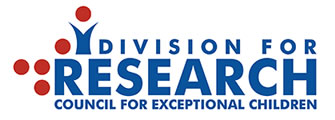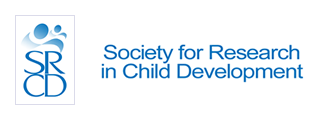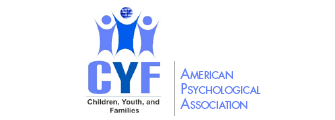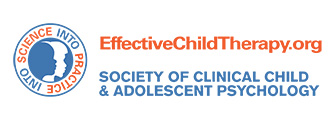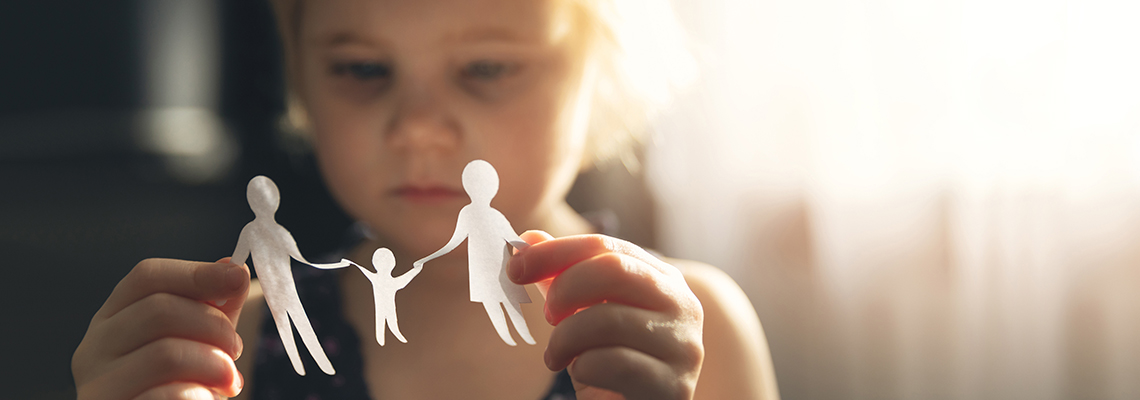
Millions of children go through a parental separation or divorce. These children are about twice as likely to experience serious life adjustment problems (e.g., mental health difficulties, school problems) as compared to non-divorced families. In many cases, the highly challenging experiences children go through have been present in the family prior to the parental breakup. In other instances, the children are negatively affected mainly by the breakup itself.
What Is Helpful for Children of Divorce?
In general, children benefit from ongoing, good quality relationships with both parents. Good parenting has many different parts, including:
- Affection
- Warmth
- Availability
- Active involvement
- Child monitoring
- Appropriate discipline practices
When there is a divorce, there is a lot of focus on the schedule of when the children will be with each parent. With few exceptions, it is healthy for children to have regular, ongoing contact with each parent.
However, overall, the quality of the parent-child relationship seems to be more important than the amount of time spent with each parent. At the same time, it is best for there to be enough time for active child involvement with each parent.
What Common Experiences Are Harmful for Children of Divorce?
- Exposure to hostile conflict between parents tends to be bad for children. While it is especially dangerous for children to observe physical violence or threats of bodily harm between parents, it also harmful for them to observe angry acts such as yelling, swearing, or name-calling. In addition, prior to divorce, it can be particularly stressful for children to hear a parent threaten to leave the marriage.
- At times, when there is a separation or divorce, a child suffers the loss of contact or involvement with a parent. As described above, children have the best chance to thrive when there is positive, active involvement by two caring parents. In a large majority of cases, if there is the loss of a parent, it is the father.
- If a parent has a mental health problem that has a negative impact on parenting, there is an increased risk of a harmful impact on the children. However, many parents experience mental health difficulties and continue to function well as parents, even through a divorce. Also, almost all parents who are splitting up experience some emotional upset; how severe it is can be very different for different people.
- When parents split up, there are often concerns about money. Instead of everyone being in one household, there becomes two households, and life gets more expensive. The higher expenses mean fewer resources are available for raising the children. Often, children suffer under such conditions, especially when money might have been tight even before the parents split up. In some of these families, both parents may need to work more, and they might have less time and energy to devote to parenting.
These common negative influences on children of divorce can often occur in combination. For example, parental emotional difficulties can include feelings such as depression and anger, and they may contribute to conflict. In turn, parents being in conflict with one another can lead each individual to feel more down or angry. Also, financial problems associated with the divorce can contribute to increased conflict between parents and everyone in the home feeling more upset.
Children can show emotional stress in different ways. Some do so relatively quietly, becoming more sad, worried, or anxious. Others show that they are upset by being aggressive, defiant, or misusing alcohol or drugs. Some children may show almost all these behaviors at different times.
Other Considerations
Not all divorces are necessarily bad for children. For example, while the frequency of adjustment problems for children of divorce is about twice the rate of children from intact families, most children of divorce do not exhibit such difficulties. And, for professionals who assess what is best for each divorcing family, it is important to strongly consider the individual facts and circumstances that are relevant for the children, especially regarding parenting time and making decisions.
How Parents Can Cope
There are no easy answers, but there are a number of things parents can try to do. Remember that there are no perfect parents, but keeping these things in mind can help:
Do:
- Stay actively involved with your children
- Show them love and affection regularly
- Encourage their relationships with the other parent
- Keep track of what your children are doing
- Communicate calmly with the other parent
- Take care of your own health and find support from other adults
Don’t:
- Get into fights or arguments in front of the children
- Say negative things about the other parent in front of the children
- Ignore your own health and happiness
- Try to do everything yourself without seeking support
- Pull back from being involved with the children
- Stop appropriate discipline when needed
Even in divorce, children generally benefit from what is often described as “authoritative parenting” – where parents are clearly in charge yet open to listening to children voice their feelings, ideas, and preferences. This is often difficult for parents as they separate and divorce but can become easier when parents strive for it.
Additional Resources
American Academy of Pediatrics – Healthy Children
Proper citation link for this blog post:Hynan, D. J. (May 1, 2021). Children of Divorce.





